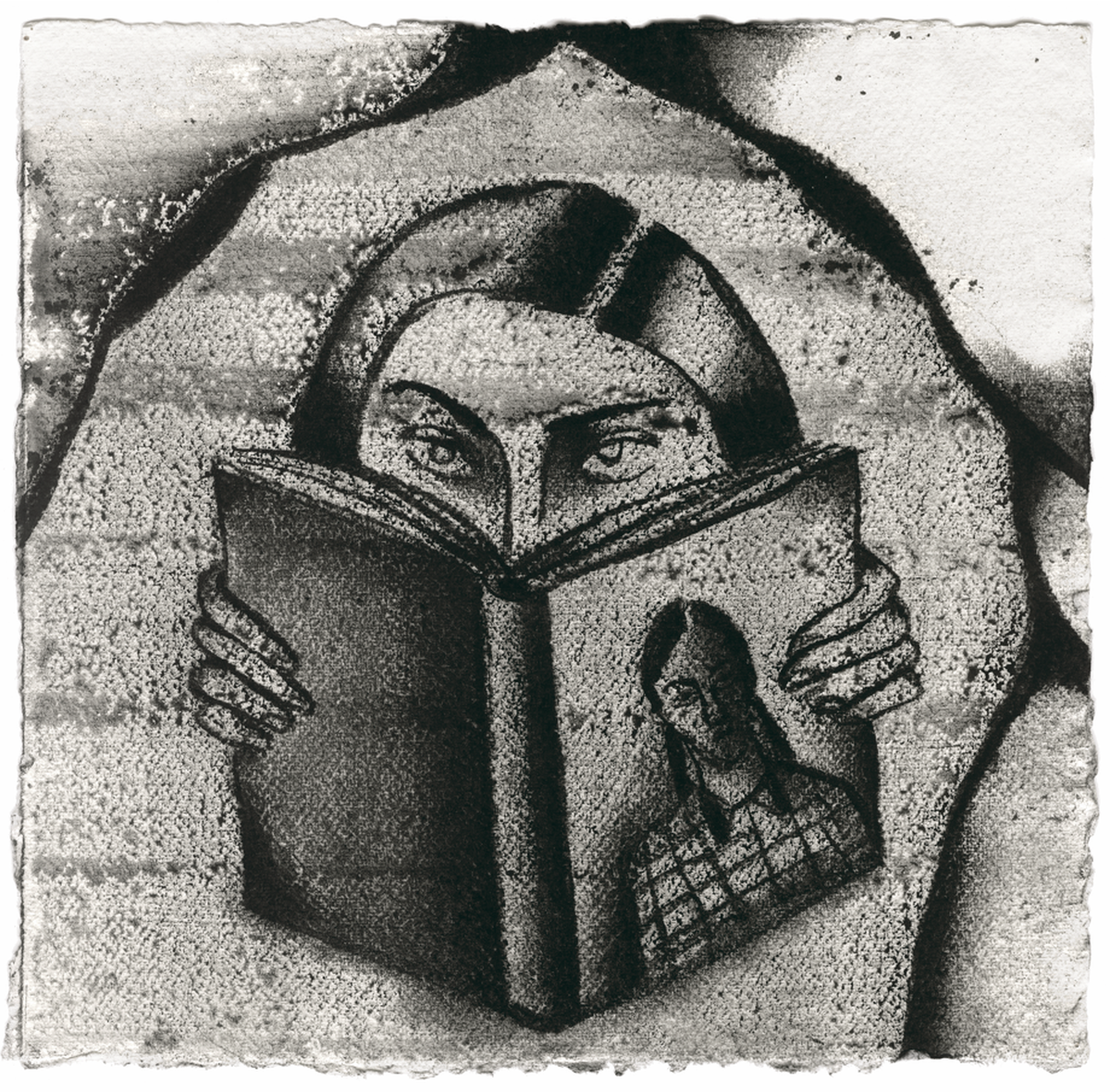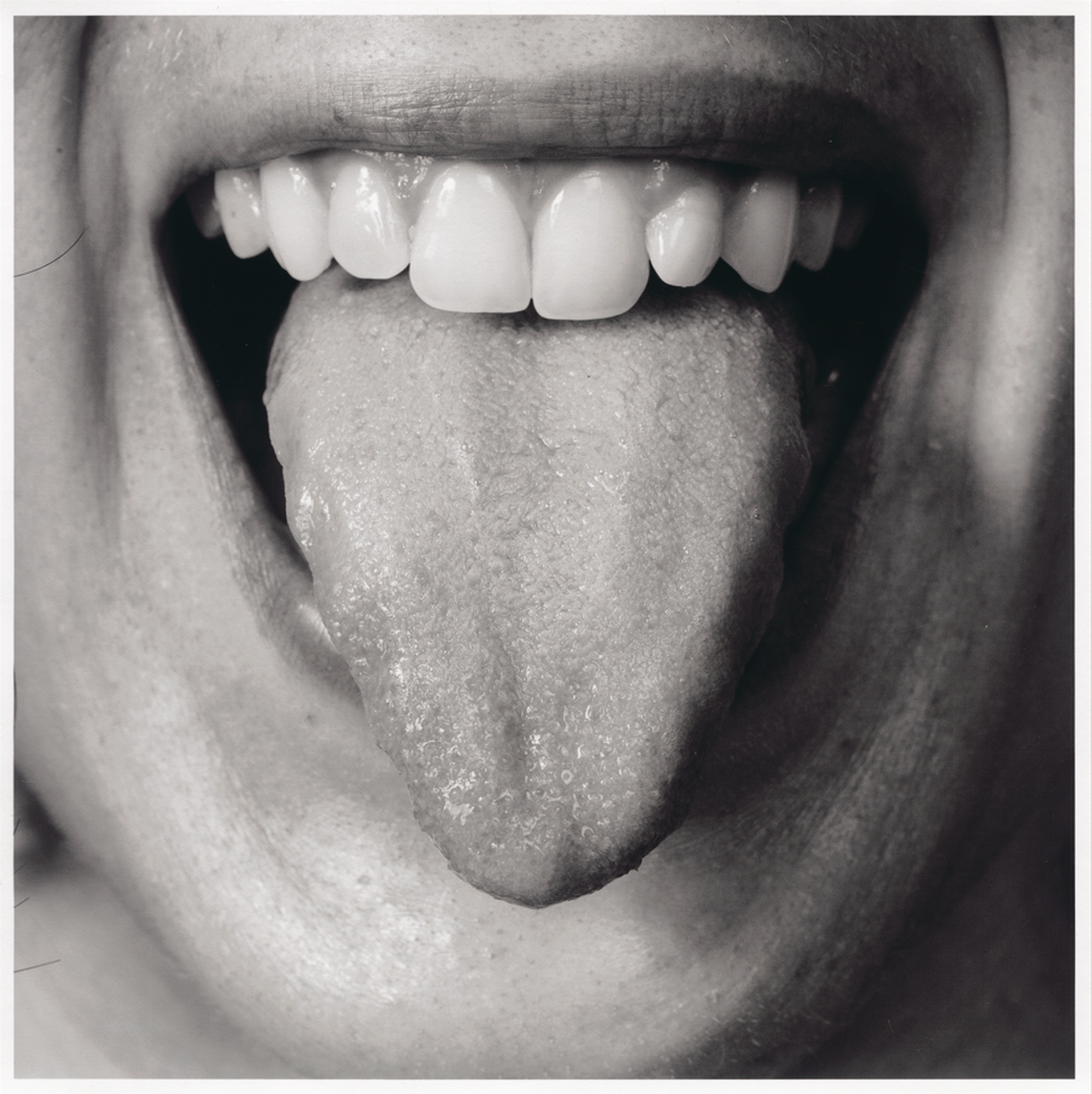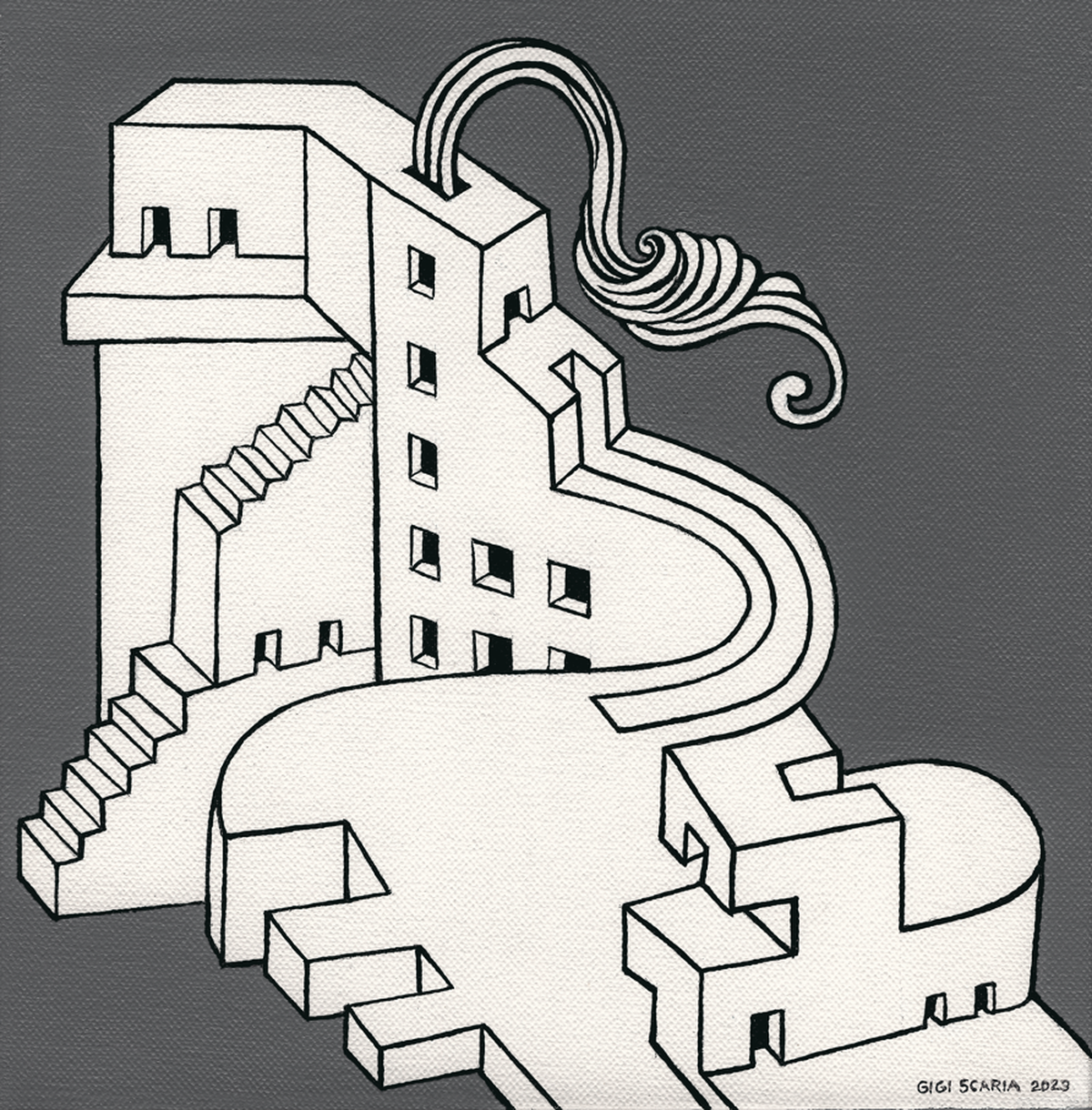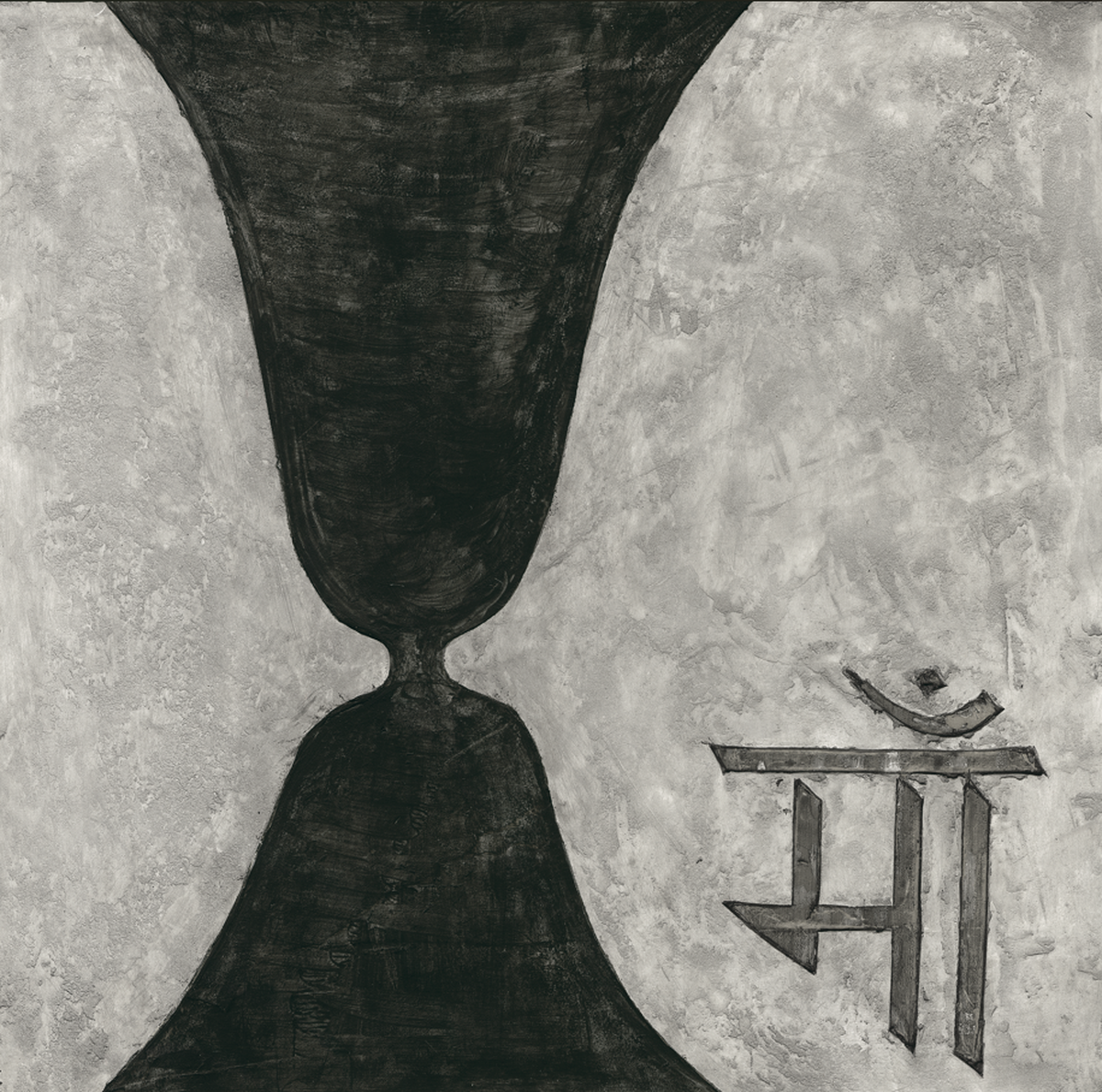[ad_1]

Jyoti Bhatt’s Black + White = Silver
Colours can make a lasting impression, as can the lack of it. As a newborn, Rudritara Shroff was gifted a copy of Art for Baby by Candida Gertler. The 2009 book, co-curated by the British-German art collector and philanthropist, contained high contrast black-and-white images created by some of the world’s leading modern artists, such as Damien Hirst, Gary Hume, Takashi Murakami and Bridget Riley.
Growing up in a family of art connoisseurs as she did — her mother Poonam Bhagat Shroff is an art patron and her grandmother Rajani Bhagat is a collector of black-and-white sketches — the now 16-year-old says her parents knew that showing high-contrast pictures could be stimulating for newborns. “It helps develop picture recognition and fosters a connection with the surrounding world,” says the teenager, who also remembers browsing her grandmother’s monochrome collection. “Medically, it strengthens eye muscles, enhances visual tracking skills, and plays a significant role in stimulating brain development.”
Rudritara Shroff
These formative experiences inspired her to produce another edition of Art for Baby, this time with 15 artists from India, including Dhruvi Acharya, Atul Dodiya, Jyoti Bhatt, Reena Kallat, Jogen Chowdhury, Bijoy Jain, Shakuntala Kulkarni and Gigi Scaria, among others.
The project brings together several loves of Rudritara’s: her exposure to the arts, her interest in psychology, which she plans to pursue at university, and charity. As a child — fascinated by the cyan blue of the UNICEF logo — she recalls collecting loose change from her parents before a flight so she could donate it. “This grew into a strong bond with UNICEF over the years,” she says. So, it’s no surprise that the proceeds from Art for Baby will go towards the humanitarian agency and the arts charity Outset.

Anju Dodya – Poonam and Rudritara in her School Shirt
The contemporary artworks are currently on display at Christie’s, as part of their South Asian Modern + Contemporary Art online auction in New York.
The monochrome impact
The artists, all of whom agreed to do the project for free, have produced works that stay true to their styles. Many also conducted research before getting started. Rudritara shared in an earlier interview that artist Shilpa Gupta showed different kinds of artworks to babies three months and below and discovered that they were most attracted to the picture of a tongue. So, that’s what she created in her artwork.

Shilpa Gupta – Mamma’s Tongue

Gigi Scaria’s Flow
When Rudritara invited Gigi Scaria, who explores urban topographies, alienation and displacement through his work, he thought he should create something simple that would “still contain the nature of my work style — with an element of architecture and motifs from nature”. His artwork, titled Flow, has the image of a multi-storied house with smoke coming out of it. “Children would identify with forms in their early childhood, and flat colour application would enhance the importance of the forms in the painting,” he says.

Atul Dodya’s Ma (acrylic and epoxy putty on galvanised steel)
Atul Dodiya, renowned for his allegorical paintings, says he was intrigued by the fact that babies initially see things in black and white. “It is hard to imagine a baby’s perception, but difficult perception is the area that artists get engaged with,” he says. “I found it [this project] challenging. The first thing that came to mind was a mother’s touch. Keeping the idea in mind, I created an image with text written in Devnagari that says ‘Ma’, and a mirror image of a mother’s breast that created an image of a cup or vase in its negative space.”
Art for Baby, published by Cultureshock (₹2,100), will hit bookstores in June. The artworks are on auction on christies.com till March 27.
The writer is an expert on South Asian art and culture.
[ad_2]
Source link





